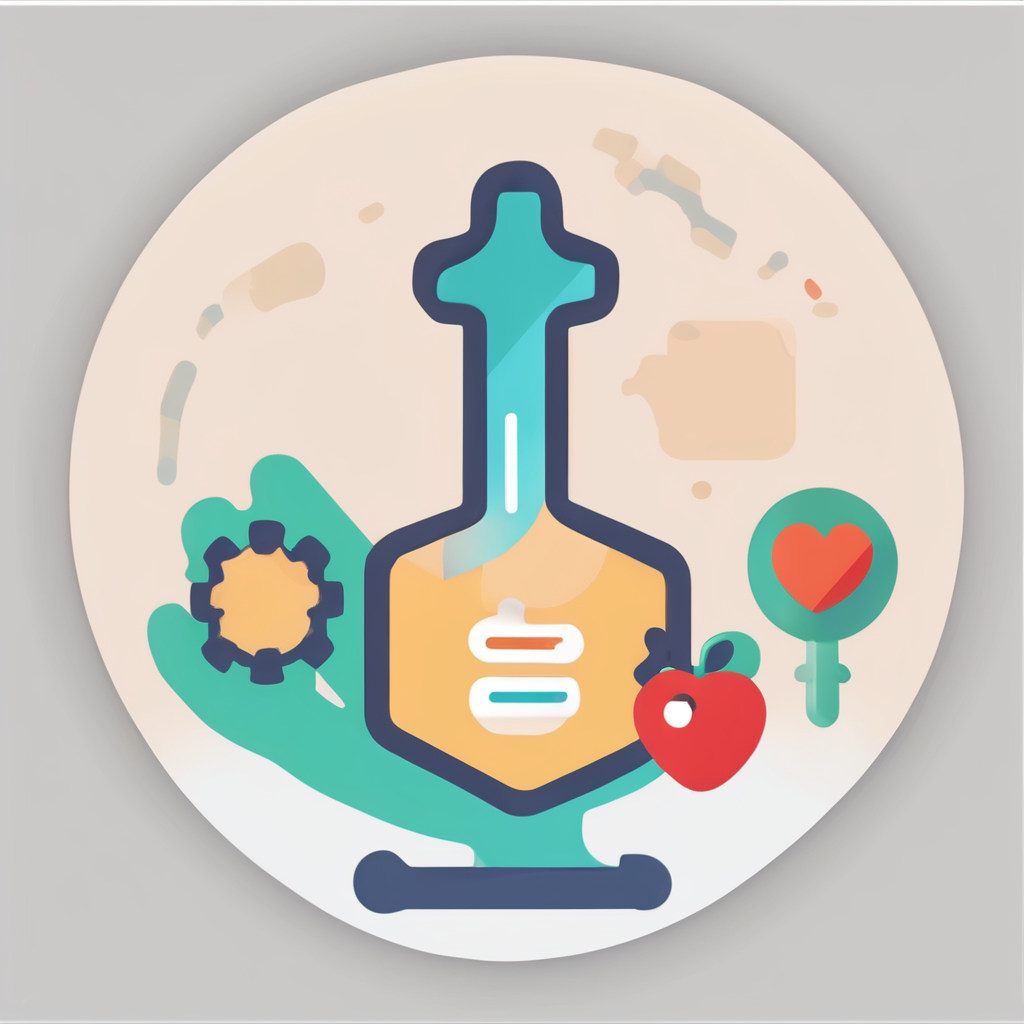Expert-Recommended Best Practices for Mental Health During Pregnancy
Maintaining mental health during pregnancy is paramount for both mother and baby. Experts emphasize several best practices for prenatal mental health that have been supported by research. Firstly, engaging in evidence-based self-care strategies can greatly enhance pregnancy wellness. This includes establishing consistent routines for sleep, nutrition, and gentle physical activity, such as prenatal yoga or walking, which help stabilize mood and reduce anxiety.
Emotional stability and resilience are key elements of prenatal mental health. Techniques such as mindfulness meditation and breathing exercises can bolster these by helping pregnant women manage stress and cultivate a positive mindset. Supportive social connections also contribute to resilience, creating a buffer against feelings of isolation or overwhelm.
Also to see : What Are the Latest Developments in Pregnancy Health Care in the UK?
Holistic health approaches highlight the mind-body connection as crucial during pregnancy. Paying attention to physical symptoms and emotional cues allows women to respond proactively and seek professional support when needed. Combining physical care with mental health strategies ensures balanced pregnancy wellness, fostering a nurturing environment for fetal development. Prioritizing these practices equips expecting mothers to face challenges with strength and confidence.
Effective Stress Reduction Techniques for Pregnant Women
Discover how to manage stress thoughtfully during pregnancy
Topic to read : How Can Pregnancy Influence Future Health Risks?
Managing stress during pregnancy is crucial for both the mother and baby’s well-being. Among the most effective relaxation techniques are mindfulness and controlled breathing exercises. These methods help regulate the nervous system, reduce anxiety, and improve emotional balance. Practicing deep breathing for just a few minutes daily can significantly alleviate tension.
Safe physical activity, including prenatal yoga, offers not only muscle relief but also mental calmness. Yoga tailored for pregnancy promotes flexibility and strength, while encouraging mindful awareness of the body. Such coping strategies prenatal women can embrace enhance mood and foster a sense of control.
Moreover, time management plays a vital role. Setting healthy boundaries—whether at work or home—ensures energy levels aren’t depleted. Prioritizing rest and delegating tasks where possible allows pregnant women to focus on self-care and reduce overstimulation.
By integrating these stress management during pregnancy techniques—mindfulness, breathing, prenatal yoga, and well-considered boundaries—expectant mothers can create a supportive environment for both their physical and emotional health.
Building Strong Emotional Support Networks
Creating a reliable emotional support network during pregnancy is crucial for maintaining mental well-being. Partners, family members, and close friends often form the backbone of this support system. Their understanding, encouragement, and active involvement help reduce anxiety and stress related to pregnancy challenges. When these key people provide consistent reassurance, it promotes emotional stability.
Additionally, participating in prenatal support systems such as group classes offers valuable benefits. These gatherings connect expectant parents with others experiencing similar journeys, fostering a sense of community. Informative sessions not only prepare individuals for childbirth but also create opportunities to share feelings and concerns, which can alleviate feelings of isolation.
Online communities and digital support platforms have become indispensable in modern prenatal care. They extend social support for mental health by connecting individuals beyond geographical constraints. Through forums, chats, and expert-led discussions, parents-to-be find advice, empathy, and camaraderie. Opting for legitimate, well-moderated spaces ensures reliable information and respectful interactions, reinforcing the emotional safety net needed during pregnancy.
When and How to Seek Professional Help
Recognising when to seek professional mental health support during pregnancy or postpartum is crucial. Signs such as persistent sadness, anxiety, irritability, or overwhelming fatigue that interfere with daily life indicate it’s time to consult a specialist. Early intervention through perinatal mental health care improves outcomes for both mother and child.
Various mental health professionals offer support tailored to prenatal and postnatal needs. These include psychiatrists, psychologists, licensed therapists, and counselors trained in prenatal therapy and perinatal mood disorders. Services may range from individual therapy sessions to group support or medication management when appropriate.
Confidentiality is a core component of professional care, ensuring safe and private communication. Seeking help also helps combat stigma around perinatal mental health challenges. Trusted referral sources, such as obstetricians, midwives, or general practitioners, can guide individuals to reputable mental health services.
By recognising early symptoms and accessing appropriate perinatal mental health care, expecting and new mothers gain comprehensive support that fosters recovery and wellbeing. This approach empowers women to navigate their mental health journey with informed confidence and compassion.
Essential Resources for Maintaining Mental Health During Pregnancy
Supporting your mental health during pregnancy is critical, and accessing trusted prenatal mental health information helps you navigate this journey with confidence. Several mental health resources for pregnancy are available, including books and websites rooted in evidence-based practices. For instance, reading materials by renowned experts can clarify common concerns and offer practical coping strategies.
Digital tools now play a pivotal role in prenatal mental well-being. Evidence-based apps focused on mindfulness, mood tracking, and stress reduction provide convenient, personalized support. These apps help monitor emotional changes and teach techniques to manage anxiety or depression effectively.
Various supporting organizations also offer ongoing assistance. Dedicated hotlines staffed by trained professionals provide immediate help tailored to pregnant individuals. These helplines ensure access to empathetic, confidential support whenever needed. Additionally, organizations specializing in prenatal mental health often host forums and community groups, fostering connection and shared understanding.
By combining these resources—books, digital tools, and supportive organizations—you can build a robust support system. This holistic approach empowers you to prioritize your mental health, ensuring a healthier and more positive pregnancy experience.



